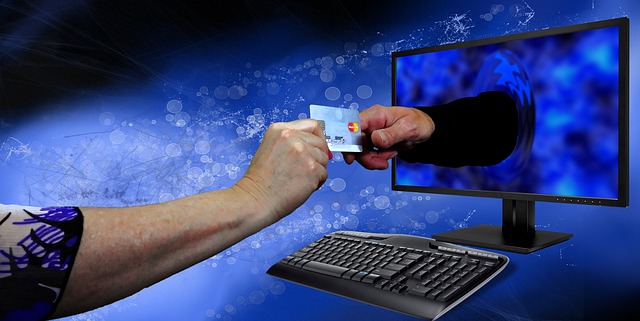I can’t imagine a day where I personally would not make use of any device that is connected to the internet. Going to work, I need to book a ride thru an app. At the office, I need to work on tasks that are heavily reliant on the computer. When relaxing at home, I watch movies or TV series by using my Netflix subscription. To go shopping, I opt to check out Amazon for great deals.
Almost everything can be done efficiently through the power of the internet. But for every activity we do online, we leave behind a digital footprint. It is the collection of data from the websites we visit, emails we respond to, and other information we casually submit online.
If anyone has enough time to pry on our lives, and apparently they can, we make the information very accessible for them. Our digital footprint can be anything from the simplest information we have to the most sensitive, financially delicate data we possess.
If we want to live a stress-free life in this digital age, we need to consider online security as a priority. Here are five things you can do to increase your online security.
There are currently 3 billion people with social media accounts in the world. That massive number of users means there’s a considerable amount of data for businesses to exploit and possible hackers to abuse.
You might want to check your account’s privacy settings. This setting can limit the exposure of your account to the public and increase your privacy. Now, not every picture or post you share can be seen by just anyone. You have the power to control your public exposure.
Be aware of all the apps you keep
If you have noticed, every time you install a mobile application it will ask you for permission to access certain information in your smartphone. This information is vital for the app to work properly, but sometimes they take unnecessary data. This data can and will be used for their analytics and marketing purposes.
Some apps can be very stealthy and take more information than what you want to give them. Be attentive about these apps because they can have limitless access to all your device’s activities and spy inside your phone.
Use VPN
Encrypt all your online activities by using a VPN (virtual private network.) This is an extended private network that gives you a special channel between your device and the internet server. All the information you process while on VPN will be encrypted even before they reach the server.
This makes all the data secured and difficult to decipher. A VPN connection will make any entity from ISP, government, hackers and private companies impossible to decipher, monitor and track your online activities.
Refrain From Using Public Storage for Important Information
Limit your usage of public storage services or websites, especially sensitive and personal information. Online public storages, like Google Docs, Dropbox, iCloud and Amazon Drive, are not recommended to be used for storing important files. They are mostly designed for sharing information and you should not gamble with them, unless they are capable of encrypting your files.
Pay Using Your Smartphone
Protect your financial data by using your application payment options from your smartphone. There are a number of reliable payment apps like Apple Pay, Venmo, Samsung Pay, PayPal and Google Pay. These apps are more secure than the traditional way of credit card swiping in payment terminals.
Using this online payment scheme, prompts a one-use authenticated code for every single transaction. This system reduces the risk of data theft via card skimming, or people taking notes on your credit card information.

“I like the helpful info you provide in your articles. I’ll bookmark
your blog and check again here frequently. I am quite sure I’ll learn lots of
new stuff right here! Good luck for the next!”